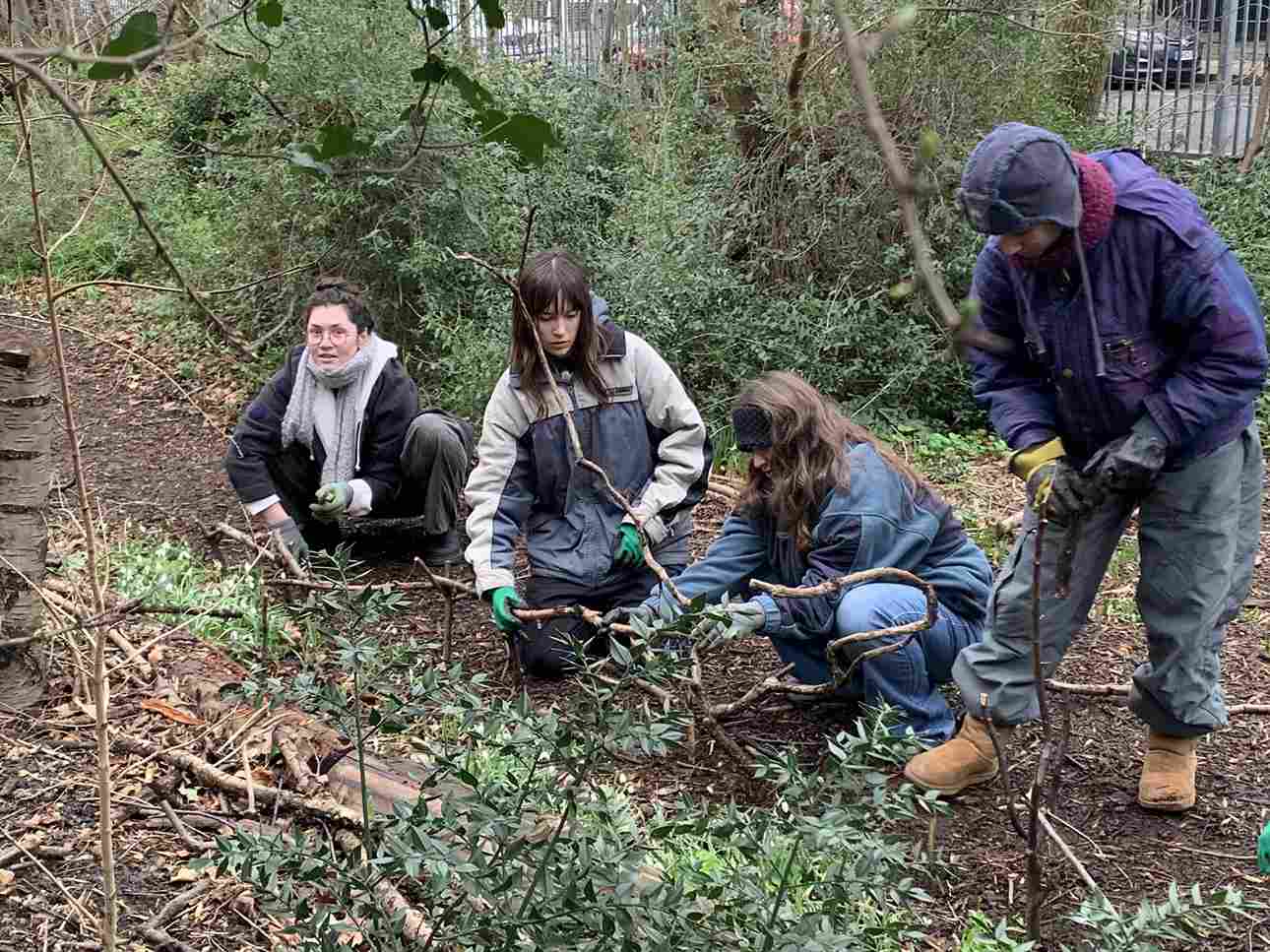
Missing Communal Spaces in our Homes

Summary
Rented shared accommodation’s growth in urban settings has been studied through different disciplinary scopes from law and sociology to urban studies and economics. However, the spatial conditions of those who live in such accommodation have lacked rigour. This study applies exploratory mixed-method research, which through a literature review, forms the research question: How does the absence of communal spaces in shared rental homes in London affect our sense of home and our social dynamics?
Approach and Methodology
This project looks at how the social dynamics and sense of home are changing for those who live in rented shared housing in London, focusing on the lack of communal spaces in such properties as a potential direct and indirect source of this problem. This was inspired by my own experiences of living in rented shared accommodation in London for over seven years, as well as the experiences and stories of friends, peers, and my family. Since my experiences didn’t seem to be ‘outliers’, I decided to look further into disciplines like philosophy, law and urban studies to fuel my thinking. This allowed me to see that research in this area is severley lacking. Not only do we lack an accurate record of how many people in London live in shared accommodation, but also, the Rule of Law - the most fundamental principle to the UK’s legislative system is lacking application within this context.
Based upon this, I chose to use Cultural Probes as my main research method to uncover the experiences of the ‘generation share’, alongside thematic analysis to bring objectivity to my analysis, and NLP (Natural Language Processing) as a quantitative method to create a small-scale dataset to consider different linguistical outputs from those who have access to communal spaces compared to those who don’t.
Proposal/Outcome
Beyond Outcomes
Want to learn more about this project?


Overall LIS Journey
About me

I’m Nicolle - she/her, 26 years old. I was born and raised in Bogotá - Colombia. I’ve lived in London for about seven years. When I landed here, I could not speak a word of English, but I aspired to go to university at some point in my life, to be the first in my family to get a degree. I came to LIS to connect my interests and life experiences in (hopefully) meaningful ways.
.svg)
Other Related Projects
Back to the repository


- A Pilot Based on Heathrow's Sustainability Goals







